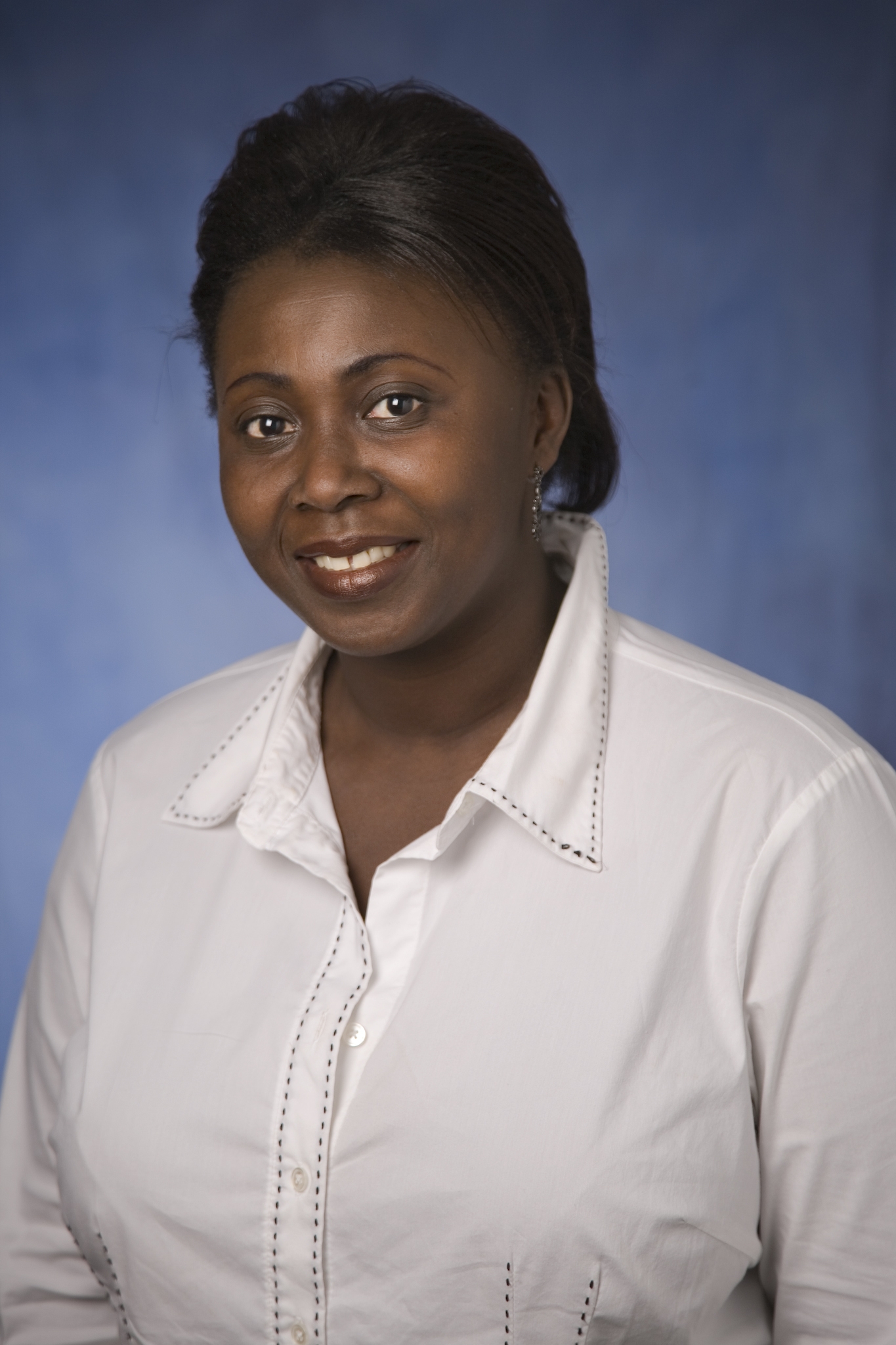Fighting Cancer with Fitness
January 01, 2016
Innovative study of exercise and breast cancer survivorship in older women launched at UH Seidman Cancer Center
Innovations in Cancer - Winter 2016 Download PDF
 Cynthia Owusu, MD
Cynthia Owusu, MDOver the past few years, the link between exercise and breast cancer survivorship has become increasingly clear. Studies have shown that women who engage in regular physical activity after a diagnosis of breast cancer have reduced recurrence and mortality, when compared with breast cancer survivors who don’t exercise regularly.
However, most of these studies have been done in younger women.
“There’s a paucity of data on older breast cancer survivors,” says Cynthia Owusu, MD, Breast Medical Oncologist, UH Seidman Cancer Center, and Assistant Professor of Medicine, Case Western Reserve University School of Medicine. “Furthermore, studies of exercise involving older African-American and socioeconomic status-disadvantaged breast cancer survivors, two groups that are particularly vulnerable, are lacking. This has been identified as a critical research need.”
To address this issue, Dr. Owusu has secured a $2.8 million grant from the NIH’s National Institute on Minority Health and Disparities, awarded to the Case Western Reserve University School of Medicine, to study how physical activity affects functional status, body composition and known biomarkers associated with breast cancer among survivors over age 65. The Project has a special focus on older African-American women and women of low socioeconomic status.
“It’s an established fact that African-American women and women of low socioeconomic status tend to have poorer breast cancer outcomes,” Dr. Owusu says. “In a recent study that looked at breast cancer survival in older women, older African-Americans were twice as likely to have poorer outcomes, compared with their Caucasian counterparts.”
Dr. Owusu suspects that this disparity is driven, in part, by differences in functional status at the time of breast cancer diagnosis. In research published in the journal Cancer in 2013, she and colleagues reported that functional disability is very common among older women diagnosed with early-stage breast cancer, with older African-American women disproportionately affected. More recently, Dr. Owusu led a group of national colleagues in reporting that more than 40 percent of older adults with cancer are considered functionally disabled at the time they begin chemotherapy. This research was published in the Journal of the National Comprehensive Cancer Network (NCCN).
For the new project, Dr. Owusu and colleagues from other Cleveland-area health systems are recruiting 320 women age 65 and older who completed treatment for early-stage breast cancer no more than two years ago. They’re identifying four subgroups of 80 women each: Caucasian women of high socioeconomic status, Caucasian women of low socioeconomic status, African- American women of high socioeconomic status, and African-American women of low socioeconomic status.
Within these groups, women are being randomly assigned to an intervention of 150 minutes per week of structured aerobic and resistance exercise, attended at a local cancer support organization, or a once-a-week health education session. After 20 months in the structured exercise program, research participants will be asked to create their own fitness schedule.
“We’re interested whether 20 months of a structured exercise program helps them establish their own program, whether it influences their habits,” Dr. Owusu says.
Dr. Owusu’s team will also gather data on participants’ body mass index, body fat composition and waist circumference and will conduct observational tests of functional status at baseline, 20 months and 52 months. In addition, they will take measurements of known biomarkers associated with breast cancer, such as sex hormones, insulin and C peptide, among others.
Dr. Owusu says she’s excited about the potential of this project to help this underserved group of breast cancer survivors. In a pilot project, which she and colleagues described in the Journal of Physical Therapy and Health Promotion in late 2013, breast cancer survivors who’d completed treatment within the past year and who participated in the structured, 20-week exercise program had significantly lower levels of circulating C-peptide by the end of the program.
“Obese patients tend to produce more of these biomarkers, so they stand to benefit the most from exercise,” Dr. Owusu says. “We think these could be reduced with exercise and weight reduction, therefore protecting them from breast cancer recurrence.”
For more information on this project, email Cynthia.Owusu@UHhospitals.org.
Tags:


